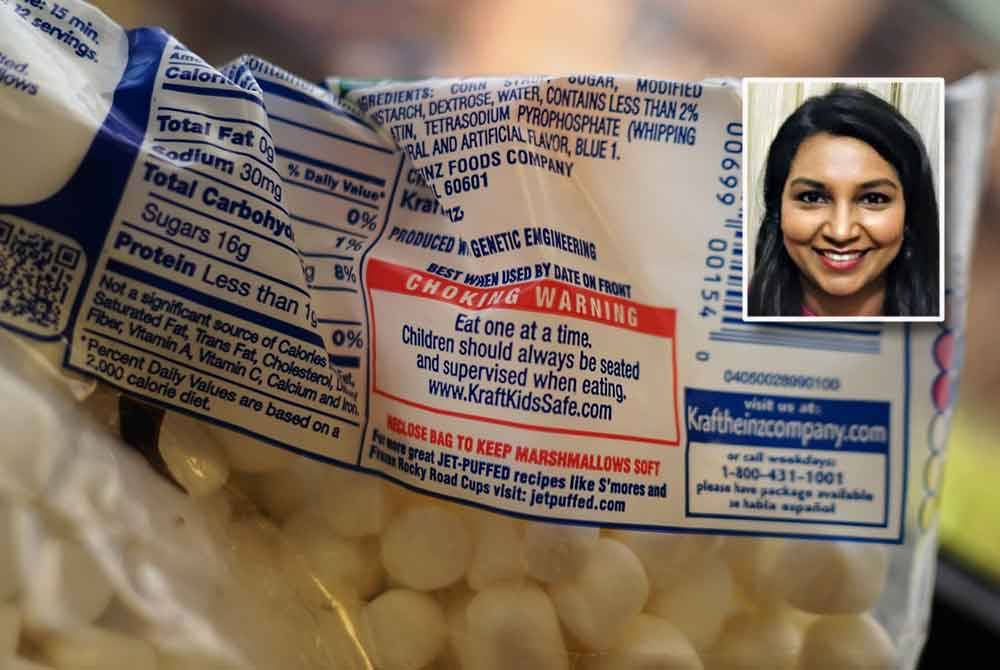Ban chewy candies in schools to prevent choking hazards, experts urge
If a full ban is not feasible, the government must introduce regulations on the size, texture and mandatory choking hazard warning labels for such products.

SHAH ALAM – The sale of chewy candies should be banned entirely, especially in school areas, while stricter import regulations are necessary to prevent hazardous products from entering the Malaysian market.
Malaysian Association of Standards Users Secretary-General, Saral James Maniam stated that if a full ban is not feasible, the government must introduce regulations on the size, texture and mandatory choking hazard warning labels for such products.
"Research by the American Academy of Pediatrics (AAP) identifies chewy candies, jelly, nuts and grapes as some of the leading causes of choking among children under five.
"In Malaysia, the Health Ministry monitors the risks of konjac jelly for children, yet there are no specific standards or guidelines regulating the shape and texture of snacks targeted at them.
"The unregulated sale of chewy candies poses a serious threat to children's safety, particularly in schools," she told Sinar.
Saral stated that despite the Health Ministry banning the sale of sugary drinks and fast food in school canteens since 2017, hazardous food products from external vendors remain widely available due to a lack of enforcement.
"The government should implement ISO 22000 (Food Safety Management System) to enhance food safety measures.
"Countries like Japan, the European Union (EU) and Australia have already enforced strict regulations on the texture and size of food products meant for children under five.
"Malaysia imports a large volume of low-cost candies from China, Thailand and Indonesia. Data from the Royal Malaysian Customs Department (JKDM) in 2023 revealed that 62 per cent of imported snacks came from China.
"These candies, priced between 50 sen and RM2, are easily accessible to children. Social media platforms such as TikTok and Instagram further contribute to the risk by promoting viral food trends without assessing product safety," she said.
She pointed out that Malaysia currently lacks specific laws to regulate choking hazards in food products, unlike other countries that enforce measures such as the Choking Hazard Law.
Saral urged the government to introduce legislation addressing this issue and require mandatory food safety testing for products that pose choking risks.
"Chewy candies should be banned outside of schools and the sale of snacks in shops near school areas must be regulated.
"Import permits should also be subject to strict conditions, with all snack products undergoing safety testing before entering Malaysia.
"Candy packaging should be required to display ‘Choking Hazard’ labels, similar to regulations in the EU and Japan.
"Manufacturers failing to comply should face heavy penalties, such as fines of up to RM50,000 for food safety violations, as practised in other countries," she said.
Download Sinar Daily application.Click Here!














